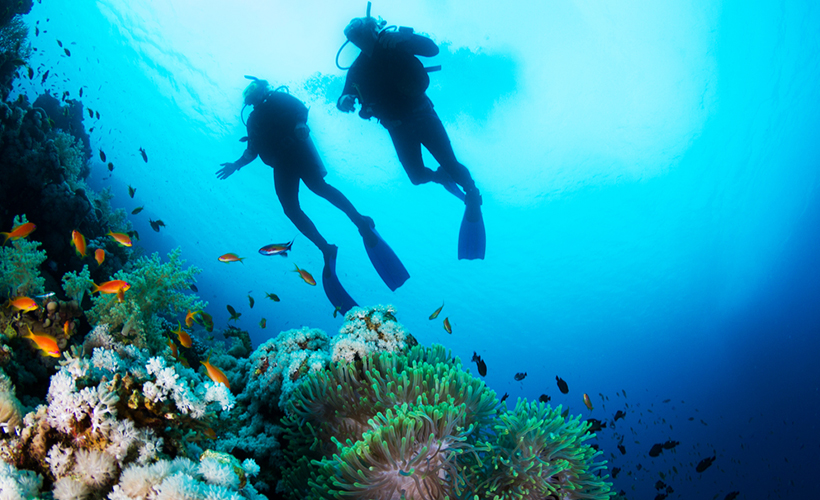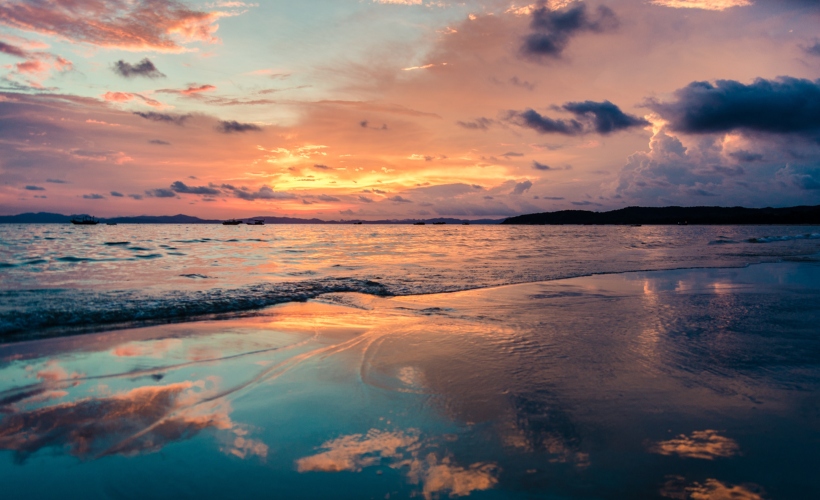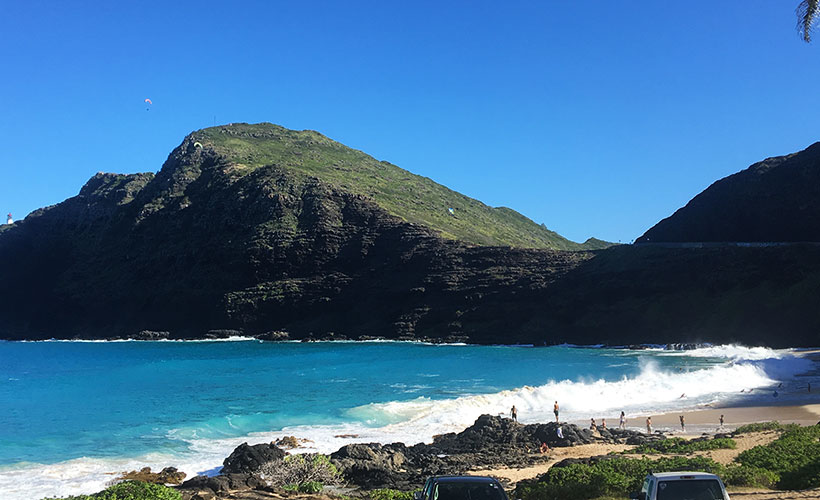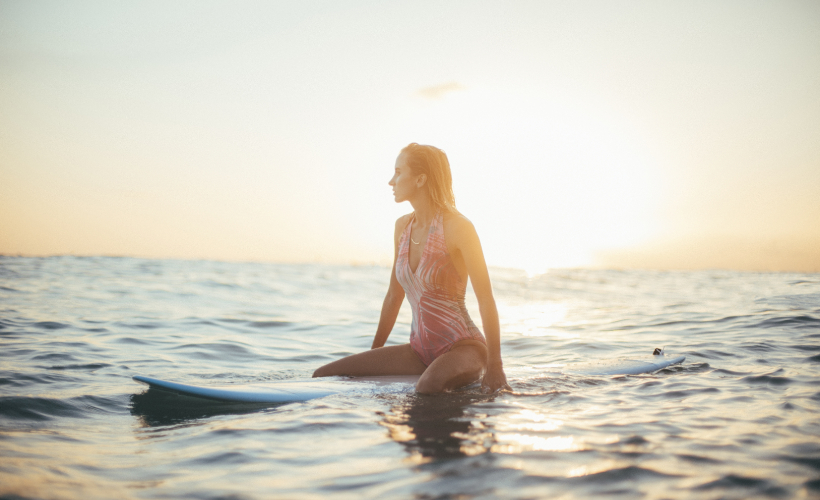
Be prepared to get roasted in Hawaii. Early in July, the state lawmakers signed a bill banning skincare companies from selling their sunscreens on the big island, and it is for an excellent reason. Most sunscreen in the market contain two chemicals — oxybenzone and octinoxate — that are toxic to coral reefs. These chemicals when ingested by corals are known to bleach the delicate corals white.
According to The Washington Post, the bill states that oxybenzone and octinoxate cause mortality in developing coral; increase coral bleaching that indicates extreme stress, and causes genetic damage to coral and other marine organisms. These chemicals also degrade corals’ resiliency and ability to adjust to climate change factors, and inhibit recruitment of new corals, it said.
The bill states that the oxybenzone and octinoxate “have significant harmful impacts on Hawaii’s marine environment and residing ecosystems.”
Oxybenzone and octinoxate are used in more than 3,500 of the world’s most popular sunscreen products, including much-loved brands like Hawaiian Tropic, Coppertone, and Banana Boat.
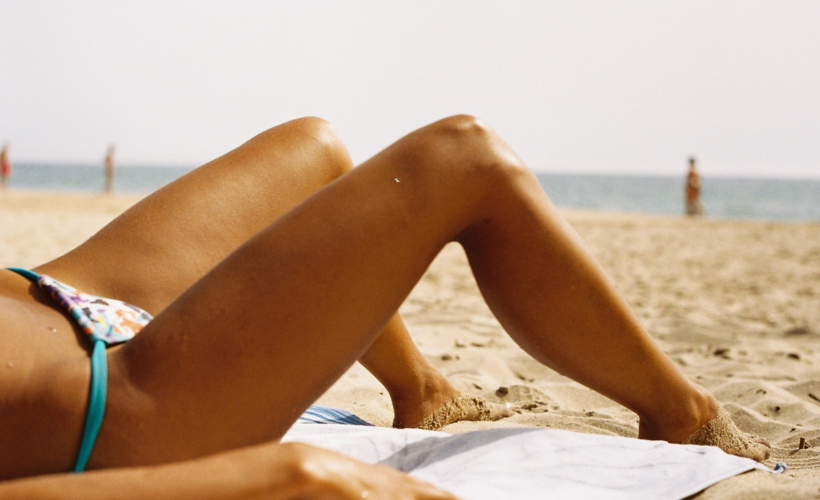
When the ban is fully enforced on Jan 1, 2021, the sale of sunscreens containing the two chemicals will be prohibited. The ban aims to keep these harmful substances from damaging coral reefs by putting a stop to its distribution in the popular snorkelling and diving destination. This makes Hawaii not only the first state in the US, but also the first in the world to enact legislation designed to protect marine ecosystems by banning such sunscreens.
However, the products would still be available to those who have a prescription from a licensed health-care provider.
“So, Hawaii is definitely on the cutting edge by banning these dangerous chemicals in sunscreens,” democrat state Sen. Mike Gabbard, who introduced the bill, told The Washington Post.
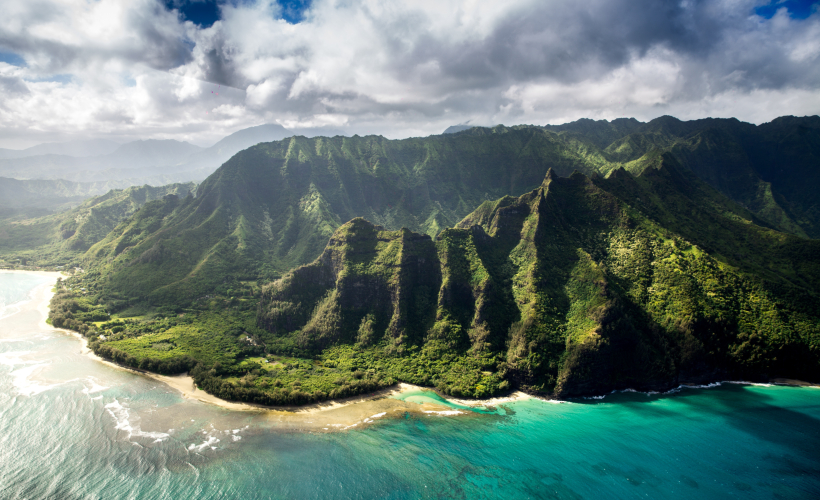
“When you think about it, our island paradise, surrounded by coral reefs, is the perfect place to set the gold standard for the world to follow. This will make a huge difference in protecting our coral reefs, marine life, and human health.”
NPR reported that a 2015 study of coral reefs in Hawaii, the U.S. Virgin Islands, and Israel determined oxybenzone “leaches the coral of its nutrients and bleaches it white. It can also disrupt the development of fish and other wildlife.”
It said even a small drop is enough to damage corals, and it is estimated that 14,000 tons of sunscreen is believed to be deposited in oceans annually.
Hawaii’s ban comes as a celebration for environmentalists but those who oppose the bill argue it could discourage people from using sunscreen altogether, leading to more cases of skin cancer.
For those who are concerned about skin damage, there are reef-safe sunscreen alternatives available on the market. These environmental friendly sunscreens include mineral sunblock with zinc oxide and titanium oxide.
Many island resorts, attractions and dive operators are starting to urge visitors to use reef-safe sunscreen to protect the corals from ingesting the creams.
The initiative is starting slow but steady. Hopefully, these “alternative” sunscreens soon become the mainstream option.

